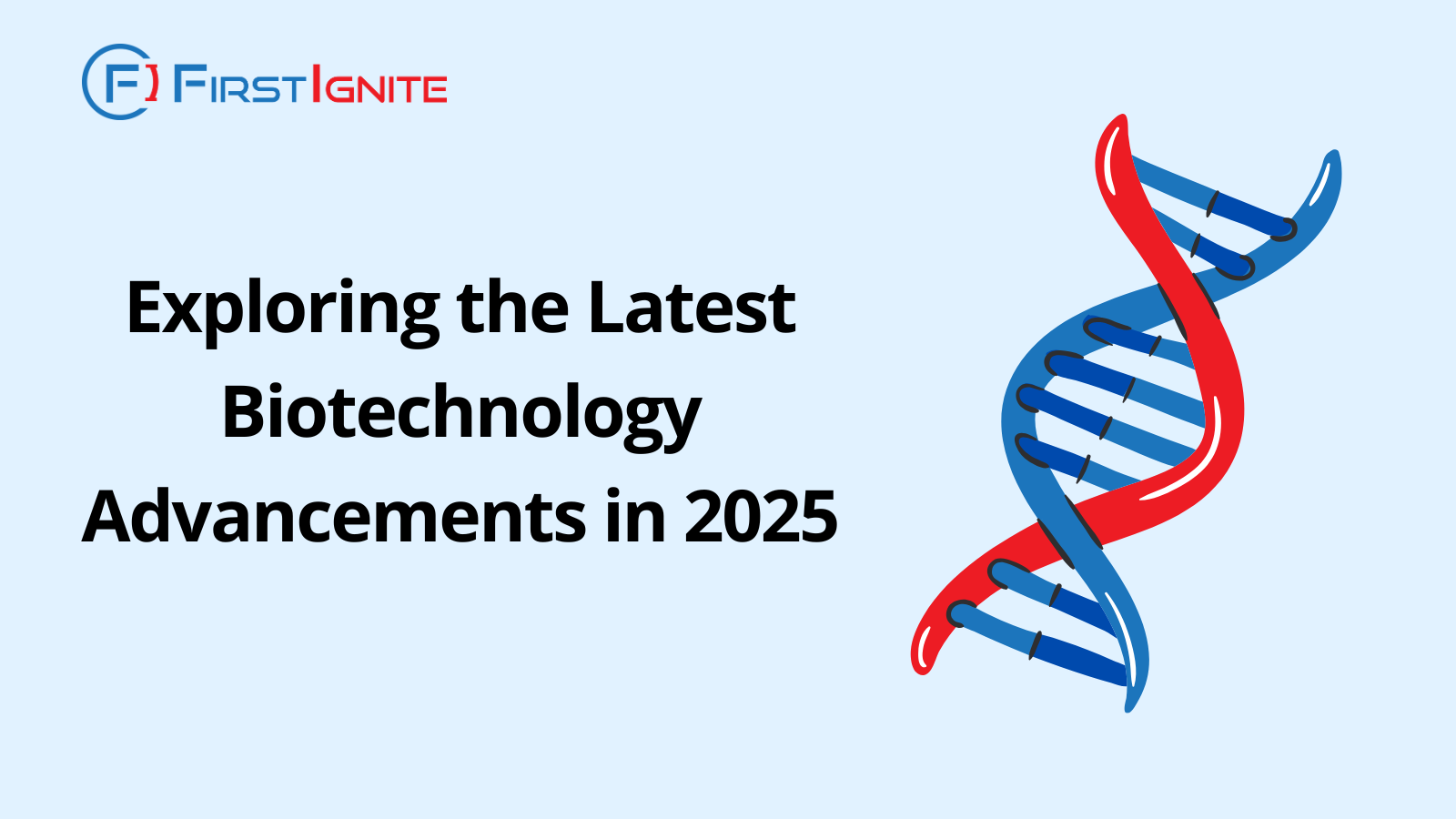
As we approach 2025, biotechnology is advancing at an unprecedented pace, unlocking new possibilities in healthcare, agriculture, and environmental sustainability. This article highlights the latest trends and innovations in biotechnology, features groundbreaking university research, and explores practical applications reshaping industries worldwide. Stay ahead of the curve by understanding how these advancements are shaping the future.
Understanding the Latest Trends in Biotechnology
The biotechnology landscape is undergoing transformative changes, driven by innovations that address global challenges. Key trends for 2025 include the rise of precision medicine, where personalized treatments are developed through genomic and proteomic insights. Gene editing technologies like CRISPR are becoming more precise, enabling targeted solutions for diseases and genetic conditions. At the same time, synthetic biology is opening doors to bioengineering breakthroughs, from lab-grown organs to sustainable materials.
The integration of AI into biotech research is another critical trend, speeding up drug discovery and predictive modeling. Advancements in bioinformatics are streamlining data management and analysis, helping researchers extract actionable insights from large datasets. These trends collectively illustrate a future where biotechnology transforms industries, improves lives, and drives sustainability.
Innovations in Biotechnology for 2025
Biotechnology in 2025 is set to redefine several domains with groundbreaking technologies. Next-generation mRNA vaccines are on the horizon, offering rapid responses to emerging diseases and building on the success of COVID-19 vaccines. Organoid research continues to advance, enabling scientists to study diseases and test treatments using lab-grown mini-organs.
In agriculture, biotechnology is addressing food security by developing drought-resistant crops and enhancing soil microbiomes. The rise of bioplastics and bio-based materials is also replacing traditional plastics, offering eco-friendly alternatives to combat pollution. These innovations highlight how biotechnology is evolving to tackle critical global issues while fostering sustainable solutions.
University Biotechnology Advancements
Universities are driving biotech innovation by transforming research into impactful solutions. Rice University’s RBL LLC, a new venture creation studio, fast-tracks medical technologies into startups using over 100 faculty patents. Located in Houston’s Texas Medical Center, it fosters collaboration with clinical centers, corporate partners, and investors to bring breakthroughs to patients. Similarly, the University of Queensland, in partnership with Molecule to Medicine, launched Lucia Bio, a startup developing treatments for neurodegenerative diseases. These efforts showcase how universities are bridging the gap between discovery and real-world application, advancing global healthcare.
Conclusion: Embracing the Future of Biotechnology in 2025
The future of biotechnology in 2025 holds transformative potential, from revolutionizing healthcare to advancing sustainability in agriculture and industry. By embracing these innovations, organizations can unlock new opportunities and contribute to a better, more sustainable world.
Whether your focus is healthcare, agriculture, or industrial applications, staying informed about biotechnology advancements is essential. Proactively engaging with these trends can position you to drive meaningful impact and remain competitive in this rapidly evolving field.




